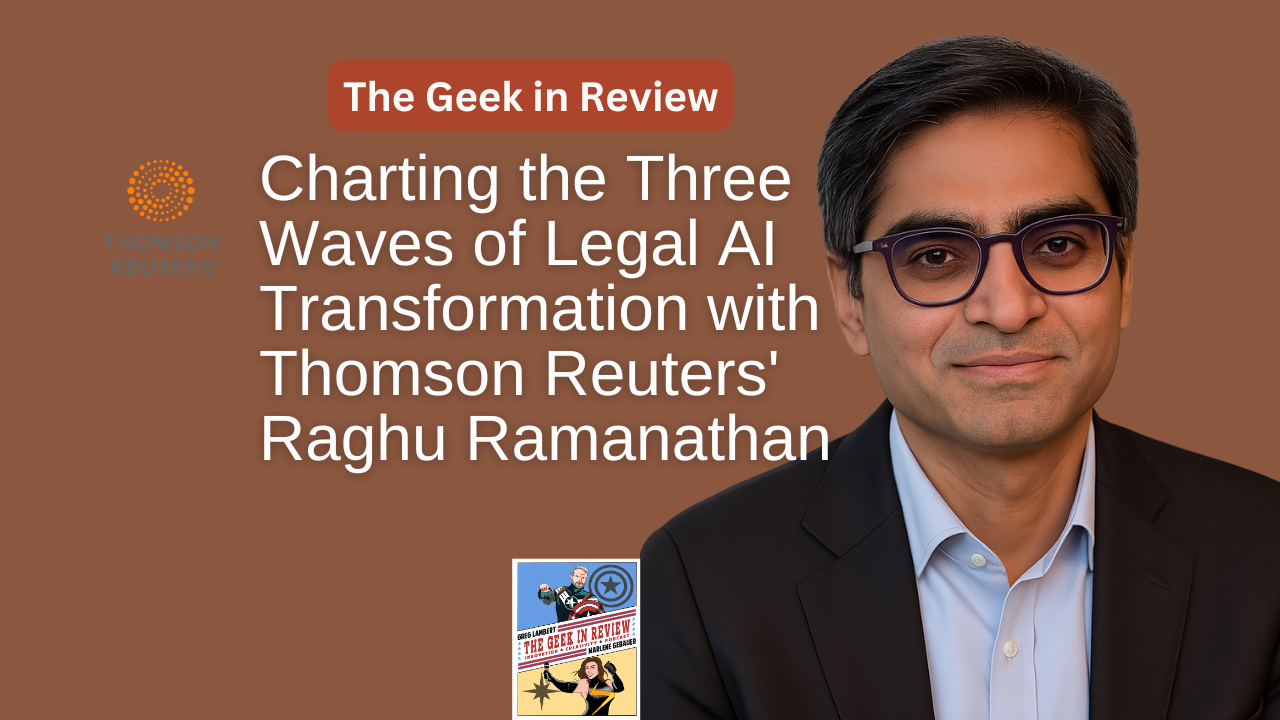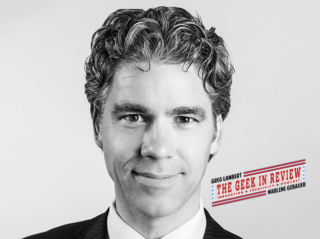I’ve been watching the legal-tech landscape for a long time, and this morning’s announcement from Thomson Reuters’ partnership with DeepJudge marks a moment worth pausing over. (DeepJudge) On October 22, 2025, TR disclosed that DeepJudge’s enterprise-search and AI-knowledge-platform capabilities will be integrated into TR’s CoCounsel Legal offering to bring internal-firm knowledge and









 This week we talk with
This week we talk with